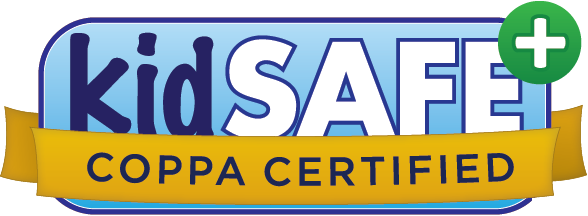Every child is unique and special in their own way. Just like adults, children also have their own love languages, which are the different ways they perceive and express love. Understanding your child’s love language can help you foster a strong and loving bond with them.
Decoding your child’s love language is like discovering the secret to their heart. By understanding and speaking their love language, you can create a deep and lasting connection that will positively impact their emotional well-being and overall development. Embrace the uniqueness of your child and let love be the guiding force in your parenting journey!
Types of love languages
Words of affirmation
Does your child light up when you praise them? Do they thrive on encouraging words and compliments? If so, their love language might be words of affirmation.
Children who resonate with this love language feel most loved and appreciated when you use positive and loving words to express your feelings towards them. Simple phrases like “I’m proud of you” or “You did a great job” can go a long way in making them feel cherished.

Quality time
Some children crave undivided attention and meaningful moments spent together. If your child always seeks your presence—wanting to play games, talk, or just be by your side—their love language may be quality time.
Engaging in activities together and giving them your full attention creates a deep sense of security and love in their hearts.

Acts of service
For some children, actions speak louder than words. If your child appreciates it when you do things for them, like preparing their favorite meal or helping them with their homework, their love language might be acts of service.
These gestures show them that you care and are willing to invest time and effort to make them happy.

Physical touch
Hugs, cuddles, and pats on the back can mean the world to a child with a love language of physical touch. These children thrive on physical expressions of love, and such gestures make them feel safe and emotionally connected.
Holding hands, giving them a high-five, or tucking them in at night are simple yet powerful ways to communicate your affection.

Gifts
While some might think of materialism when they hear “gifts” as a love language, it’s essential to understand that it’s not about the value of the gift but the thought and effort behind it.
Children who appreciate gifts as a love language feel cherished when they receive a meaningful present. It could be as simple as a hand-drawn card or a small toy that holds sentimental value.

4 tips to strengthen bonds with love languages
1. Observe and listen
Pay attention to how your child reacts to different expressions of love. Their responses will give you valuable clues about their primary love language.
2. Communicate openly
As your child grows, talk to them about love languages. Explain what it means and encourage them to express how they feel most loved.
3. Adapt your expressions of love
Tailor your interactions to match your child’s love language. If they respond well to physical touch, incorporate more hugs and cuddles into your daily routine. If it’s words of affirmation, make it a habit to praise and encourage their efforts.
4. Be patient and flexible
Remember that a child’s love language can change over time, especially as they grow and develop. Stay attuned to their needs and be flexible in adjusting your expressions of love accordingly.

Understanding your child’s love language is a powerful tool in building a strong and loving relationship with them. By speaking their language, you create a secure and nurturing environment that fosters emotional growth and happiness. As you navigate parenthood, remember that the most profound expressions of love often lie in the little things you do every day. Happy parenting!
More about Lingokids
The Lingokids universe provides original, award-winning, interactive content for kids, transforming how kids can learn. Lingokids creates games, songs, podcasts, videos, and activities that blend educational subjects with modern life skills to spark curiosity, imagination, and success in school—and beyond!
Interested in learning more about how Lingokids helps families raise amazing kids? Download the app and check out more content on our YouTube channels!
What’s your child’s love language?
Let us know by commenting below!






